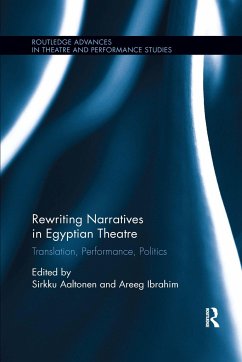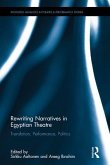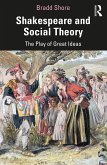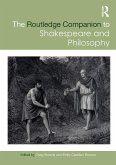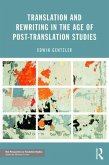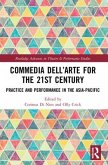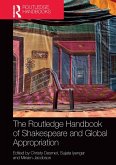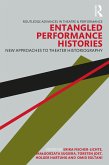This study of Egyptian theatre and its narrative construction explores the ways representations of Egypt are created of and within theatrical means, from the 19th century to the present day. Essays address the narratives that structure theatrical, textual, and performative representations and the ways the rewriting process has varied in different contexts and at different times. Drawing on concepts from Theatre and Performance Studies, Translation Studies, Cultural Studies, Postcolonial Studies, and Diaspora Studies, scholars and practitioners from Egypt and the West enter into dialogue with one another, expanding understanding of the different fields. The articles focus on the ways theatre texts and performances change (are rewritten) when crossing borders between different worlds. The concept of rewriting is seen to include translation, transformation, and reconstruction, and the different borders may be cultural and national, between languages and dramaturgies, or borders that are present in people's everyday lives. Essays consider how rewritings and performances cross borders from one culture, nation, country, and language to another. They also study the process of rewriting, the resulting representations of foreign plays on stage, and representations of the Egyptian revolution on stage and in Tahrir Square. This assessment of the relationship between theatre practices, exchanges, and rewritings in Egyptian theatre brings vital coverage to an undervisited area and will be of interest to developments in theatre translation and beyond.
Bitte wählen Sie Ihr Anliegen aus.
Rechnungen
Retourenschein anfordern
Bestellstatus
Storno

